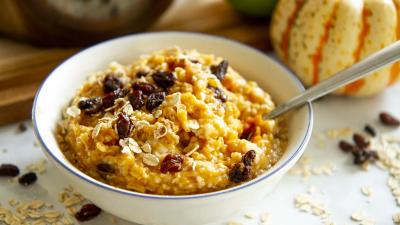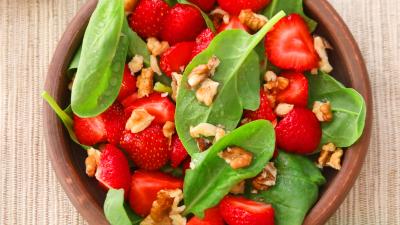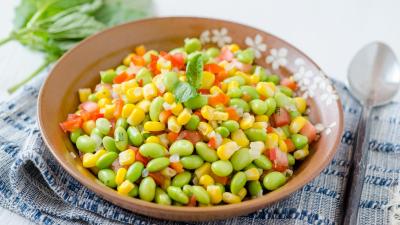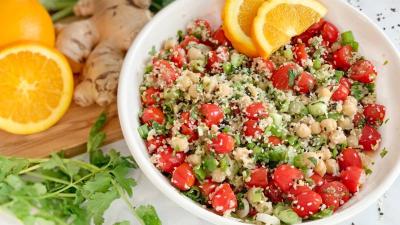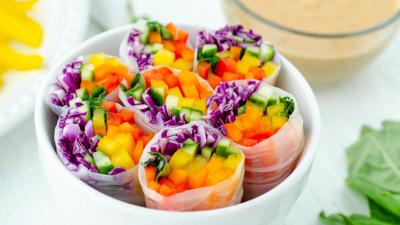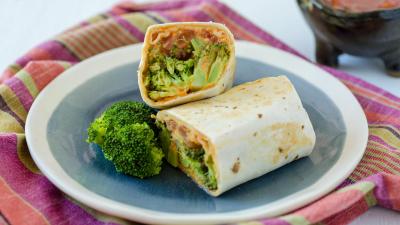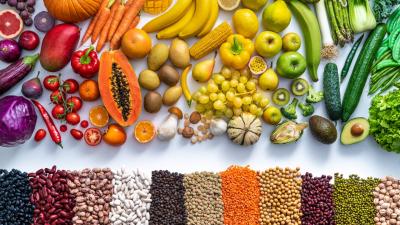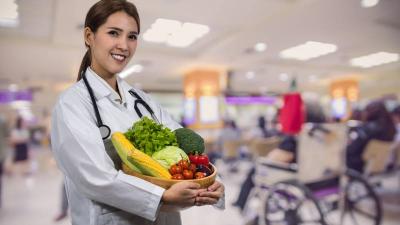7 Ways a Vegan Diet Fights Cancer
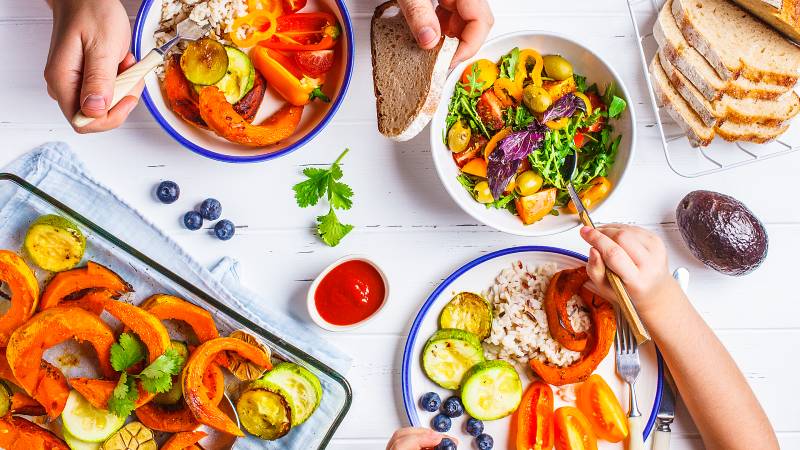
“Basing our diets around plant foods (like vegetables, fruits, whole grains, and beans), which contain fiber and other nutrients, can reduce our risk of cancer.” – World Cancer Research Fund and the American Institute for Cancer Research, Cancer Prevention Recommendations
In 2018, the World Cancer Research Fund and the American Institute for Cancer Research published a report called Diet, Nutrition, Physical Activity and Cancer: a Global Perspective, which analyzed data from 51 million people to create a global blueprint for preventing cancer. According to the report, following a healthy diet and lifestyle can prevent approximately 40% of all cancer cases!
To celebrate World Cancer Day, we’ve compiled seven tips for achieving a healthy diet that may help reduce cancer risk:
1. Fill Up on Fiber
Plant foods contain fiber, which helps remove excess hormones that could lead to certain types of cancer, including breast and prostate cancer. Fiber also helps to remove waste from the digestive system, which can play a role in preventing colorectal cancer. Eating a fiber-rich diet can also help you achieve a healthy weight, which can also help to reduce the risk for 12 types of cancer.
2. Eat the Rainbow
The more naturally colorful your diet is, the more likely it is to have an abundance of cancer-fighting compounds. The pigments that give fruits and vegetables their bright colors—like beta-carotene in sweet potatoes or lycopene in tomatoes—can help reduce cancer risk. Cruciferous vegetables, such as broccoli, kale, and cabbage, have been linked to a reduced risk of colorectal cancer, lung, and stomach cancers, while carotenoid-rich vegetables, such as carrots and sweet potatoes, have been associated with a reduced risk for breast cancer.
3. Enjoy Soy
Soy products have been associated with a reduced risk of breast cancer and a reduced risk of recurrence and mortality for women who have been previously treated for breast cancer. Research in Shanghai shows that women with breast cancer who consume 11 grams of soy protein each day can reduce mortality and risk of recurrence by about 30 percent. U.S. populations show similar findings: The higher the isoflavone intake from soy products, the less risk of mortality and recurrence in women with breast cancer.
4. Drop the Deli Meat
The World Health Organization has determined that processed meat—including deli meat, bacon, and sausage—is a major contributor to colorectal cancer, classifying it as “carcinogenic to humans.” Each 50-gram daily serving of processed meat, equivalent to two slices of bacon or one sausage link, increases risk of colorectal cancer by 21%. Each 120-gram daily serving of red meat, equivalent to a small steak, increases risk of colorectal cancer by 28%.
5. Ditch the Dairy
Studies have linked high-fat dairy products to an increased risk of breast and prostate cancers. Research funded by the National Cancer Institute, the National Institutes of Health, and the World Cancer Research Fund, found that women who consumed 1/4 to 1/3 cup of cow’s milk per day had a 30% increased chance for breast cancer. One cup per day increased the risk by 50%, and 2-3 cups were associated with an 80% increased chance of breast cancer. Studies have also found regular dairy consumption increases prostate cancer risk.
6. Drop the Hot Dogs
When meat is grilled, it releases carcinogens known as heterocyclic amines (HCAs), including a compound called PhIP. Studies have linked PhIP with multiple cancer. Enjoy grilling in the summer? Swap out the burgers and hot dogs for veggies, which do not produce these dangerous compounds.
7. Avoid Alcohol
Trade the cocktail for a mocktail! Drinking just one alcoholic beverage or more per day has been associated with an increased risk for colorectal cancer. Alcohol has also been linked to an increased risk for breast cancer.
Ready to get started? Check out the free 21-Day Vegan Kickstart, which will give you all the tools you need to started on your plant-based journey! Resources include hundreds of delicious plant-based recipes, developed by chefs, dietitians, and experts in vegan cuisine, along with meal plans, grocery lists, expert videos, and more!

